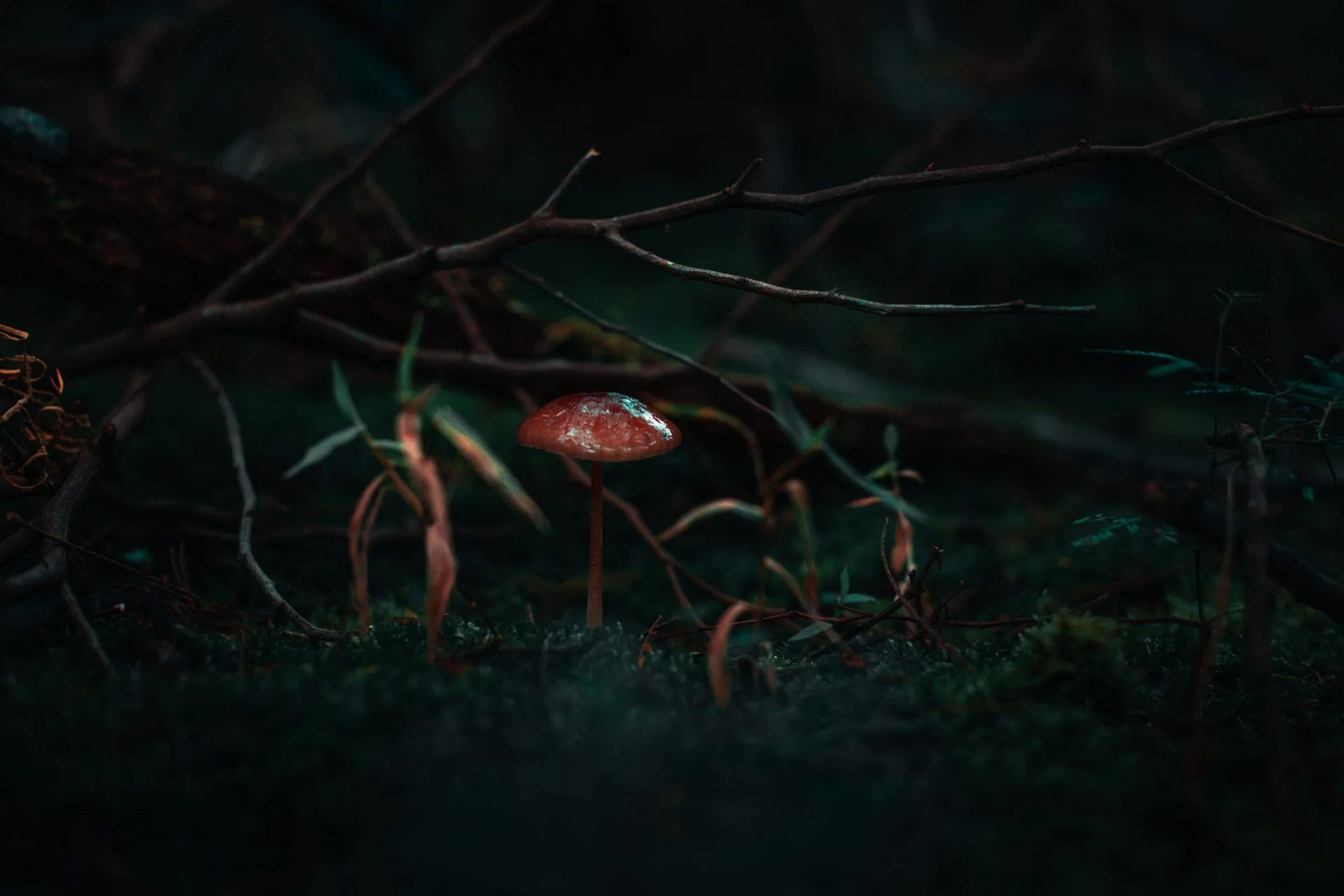Over the past few years, magic mushrooms have routinely been discussed as a key to treating and managing various psychiatric and psychological conditions. This is in part due to the compound psilocybin, which is credited with making magic mushrooms so great. However, it appears that its benefits aren’t limited only to mental health, as a recent study suggests that it may help people live longer lives.
Aging Backwards with Magic Mushrooms
With magic mushrooms being solely associated with neurological and biological benefits, researchers set out to investigate the direct impact of psilocybin on biological aging, and this article explores that study.
Psilocin is a byproduct of consuming psilocybin; therefore, researchers focused on how it can influence human cells under laboratory conditions using human lung fibroblasts from a fetus. The researchers continued to grow and split the cells in dishes, either with psilocin or a control substance, until the cells naturally stopped dividing, a sign of cellular aging.
Following this, the researchers then administered either a dose of psilocybin or a control substance to older female mice (about 19 months old-60–65 human years) for 10 months. Treatment began with a small dose (5 mg/kg) the first time, which was then followed by a larger dose (15 mg/kg) every month afterward.
Psilocybin: A Magic Boost for Longevity
“The overwhelming majority of what we know about psilocybin is how it impacts the brain. Our findings suggest that psilocybin has potent effects on the entire body, including antiaging properties, which also may contribute to the plethora of observed beneficial clinical outcomes.” – Dr. Louise Hecker, PhD, senior author of the study.
According to the study’s findings, published in Aging. Psilocin boasted longevity effects. The researchers found that the psilocin-treated cells lived significantly longer than the untreated cells, with the initial dose extending cellular lifespan by 29% and the later, higher dose extending cellular lifespan by 57%.
Regarding the mice, the researchers revealed that compared to only 50% of the control group, 80% of the psilocybin-treated mice were still alive and had visible improvements in their fur quality, which included new hair growth and less graying.
“Psilocybin may represent a disruptive agent that promotes healthy aging. The next steps need to explore the therapeutic effects across multiple age-related diseases,” Hecker explained.
Why Does Psilocybin Reverse Aging?
Speaking on the findings, co-author Louise Hecker, from Emory University, suggests that psilocybin’s ability to influence ‘multiple hallmarks of aging’ is the reason behind the findings.
In addition to reducing oxidative stress levels, it appears that psilocin delays cellular senescence and preserves telomere length.
Dosing Anti-Aging Psilocybin
Now, despite the potential anti-aging benefits, Hecker does admit that more research is needed to better understand the drug’s potential, especially regarding the optimal dosing protocols for humans. They also need to address the optimal age for treatment initiation, as well as the potential harms or adverse effects associated with long-term treatment.
Also, the mouse study only used female mice, so Hecker and her team are unaware of whether the anti-aging effects will be seen in males.
Lastly, and more importantly, despite continuous research, psilocybin is still a Schedule I controlled substance, which makes research quite difficult and limited. Thus, we will still need to await further research to determine if psilocybin can be as magical for longevity as it is for mental health.
Want to know more?
Publisher and author Melinda Ferguson talked to us about her book BAMBOOZLED. During the interview, Melinda explained how she transformed her life from one of addiction, rape, abandonment, and PTSD into success, strength, and resilience.
The book remains a personal account of her supervised psilocybin journey, which helped her heal from a lifetime of post-traumatic stress disorder (PTSD).
References
Kosuke Kato et al. (2025). Psilocybin treatment extends cellular lifespan and improves survival of aged mice, npj Aging. DOI: 10.1038/s41514-025-00244-x



![women [longevity live]](https://longevitylive.com/wp-content/uploads/2020/01/photo-of-women-walking-down-the-street-1116984-100x100.jpg)










